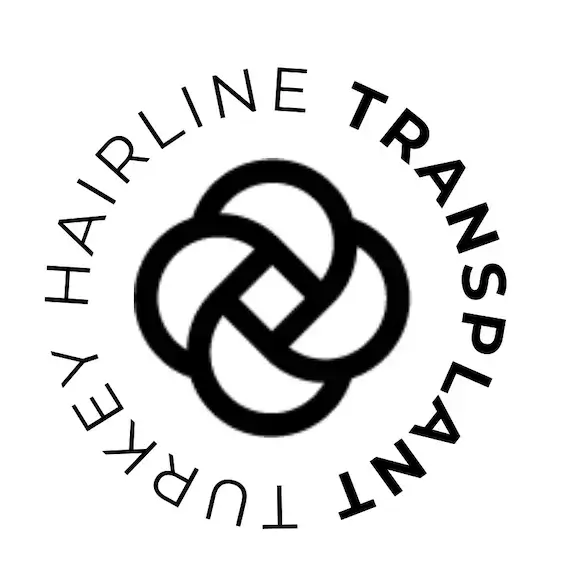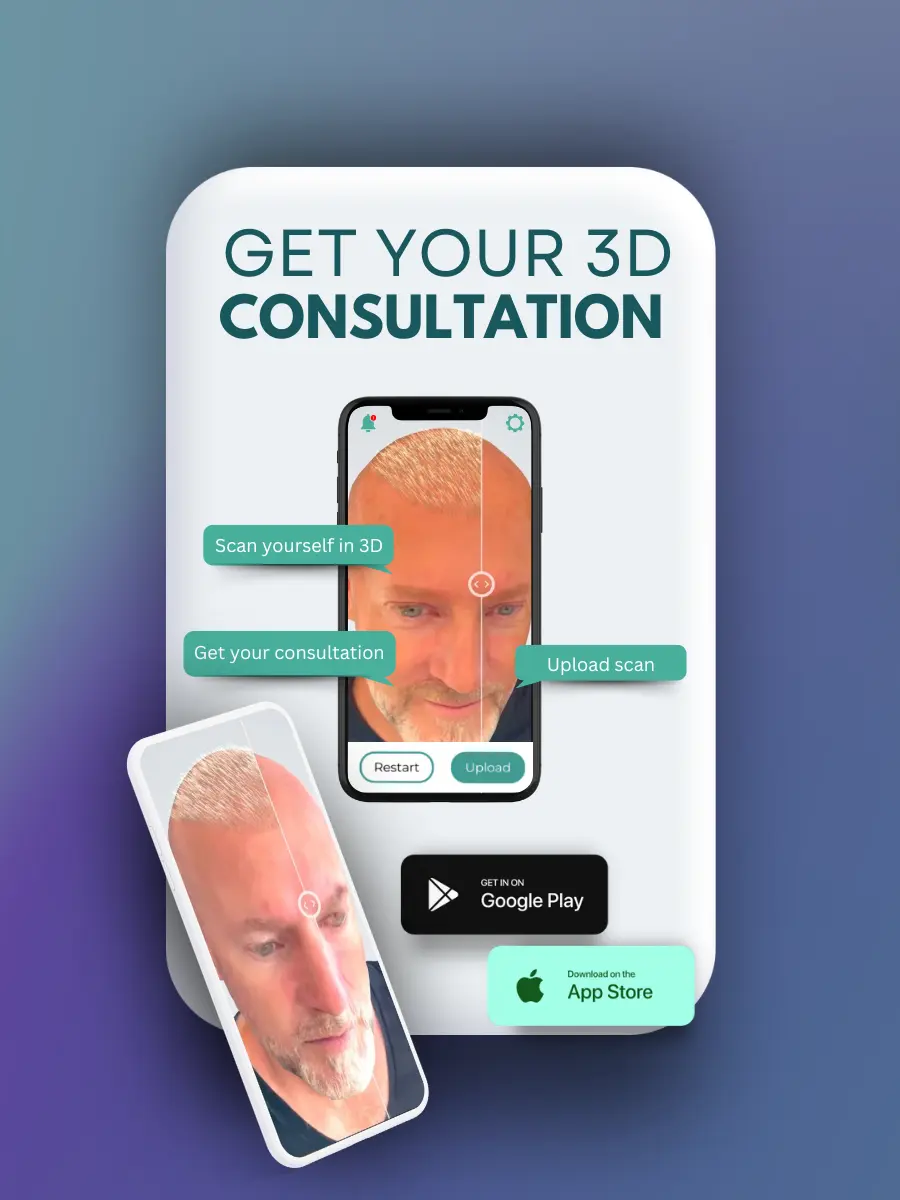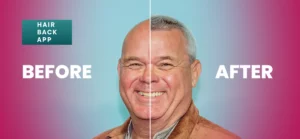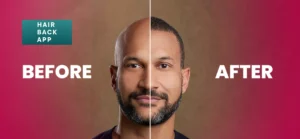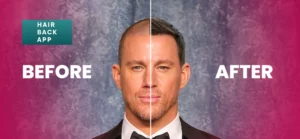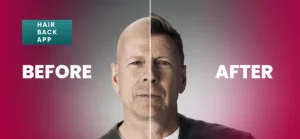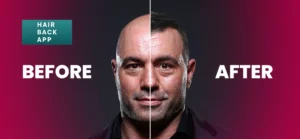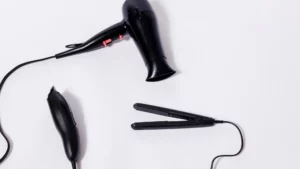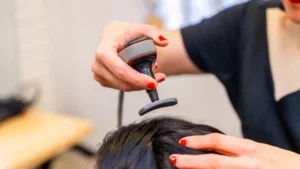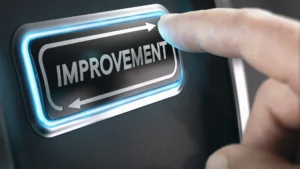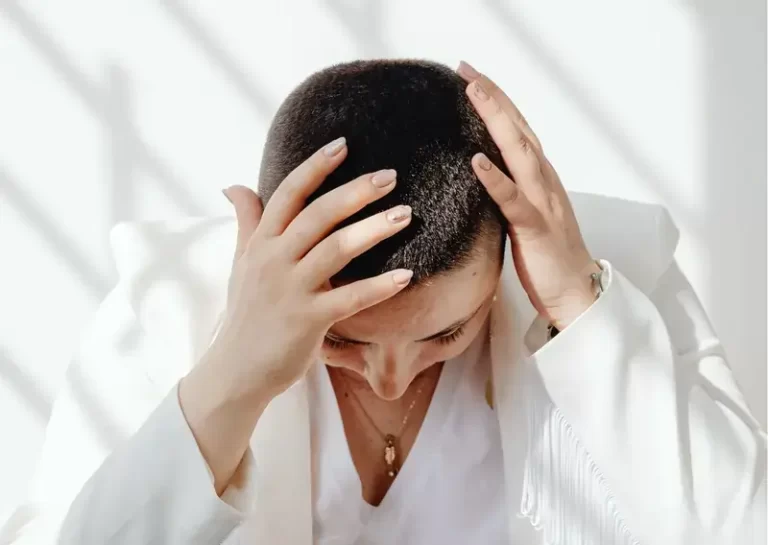
Trypophobia is the fear of clusters of tiny holes; seeing things like a honeycomb would distress someone with trypophobia. When having a hair transplant the procedures involved, like FUE hair transplant, create small clusters of minute incisions where the hair grafts will be placed, which can make this surgery very stressful if you suffer from hair transplant trypophobia.
Phobic fears are not always easily explained and to many can seem irrational. Fear of water, hydrophobia, or going out, agoraphobia, and many more can seriously affect a person’s life. What clinical interventions have shown us is that these fears can manageable, allowing sufferers greater choices.
The Surprising Connection between Trypophobia and Hair Transplants
Surprisingly, there exists a peculiar connection between trypophobia and hair transplants. Hair transplantation, a surgical procedure aimed at restoring hair growth in areas affected by hair loss or thinning, has gained significant popularity in recent years. This procedure involves the extraction of hair follicles from a donor area, typically the back of the scalp, and their transplantation into the recipient area, where hair growth is desired.
With advancements in technology and techniques, hair transplantation has become a reliable and effective solution for individuals seeking to address hair loss and improve their appearance. However, some individuals with trypophobia have reported experiencing discomfort or anxiety when exposed to images or descriptions of hair transplantation procedures.
This seemingly unrelated fear stems from the appearance of small holes or punctures created during the transplantation process, which can trigger the trypophobic response. It is important to acknowledge and address hair transplant trypophobia to ensure the emotional well-being of individuals considering or undergoing hair transplant procedures.
The Importance of Addressing Hair Transplant Trypophobia
Recognizing and addressing the impact of trypophobia on individuals seeking hair transplants is crucial for several reasons. Firstly, it is essential to provide a safe and supportive environment for patients throughout their hair transplantation journey. By understanding and empathizing with their fears, healthcare professionals can better manage anxiety levels and alleviate any unnecessary distress during the procedure.
Moreover, the fear of hair transplant trypophobia can deter individuals from seeking permanent hair loss solutions altogether. The hair transplant trypophobia fear may prevent them from benefiting from a potentially life-changing solution to their hair loss concerns. By raising awareness and providing education about the connection between trypophobia and hair transplants, we can help individuals make informed decisions and overcome their fears, ultimately improving their quality of life.
Additionally, addressing hair transplant trypophobia contributes to the overall advancement of the field. By acknowledging and researching the psychological aspects of hair transplantation, medical professionals can develop innovative techniques and practices that minimize the visual triggers associated with trypophobia. This not only enhances patient comfort but also promotes the continuous improvement of hair transplantation procedures.
Understanding Trypophobia
The symptoms of trypophobia can vary in severity and may include rapid heartbeat, sweating, nausea, trembling, and an overwhelming sense of disgust or anxiety. Some individuals may also experience panic attacks or a desire to avoid situations where they may encounter triggering stimuli. It is important to note that trypophobia is not officially recognized as a diagnosable disorder in the Diagnostic and Statistical Manual of Mental Disorders (DSM-5), but its impact on individuals should not be dismissed.
Although research on hair transplant trypophobia is still limited, several studies have shed light on its prevalence and impact on individuals. A trypophybia study conducted by Cole and Wilkins found that approximately 16% of participants reported experiencing trypophobia-like symptoms, suggesting that it may be more common than previously believed.
The impact of trypophobia on individuals can be significant, affecting their daily lives and overall well-being. For some, the fear of clustered holes can lead to avoidance behaviors, limiting their ability to engage in activities or visit places where they may encounter triggering stimuli. This can result in social isolation, reduced quality of life, and even the development of comorbid anxiety or depressive disorders.
Possible Causes of Hair Transplant Tryphobia
The exact causes of trypophobia are still not fully understood, but several theories have been proposed to explain its origins. One theory suggests that trypophobia may be an evolutionary response to potential threats. According to this theory, the aversion to clustered holes may have developed as a protective mechanism against venomous animals or infectious diseases that often present with similar patterns.
Another theory suggests that trypophobia may be related to a general fear of parasites or infectious diseases. The sight of clustered holes may trigger a subconscious association with infestation, leading to the fear response. However, more research is needed to validate these theories and determine their validity.
Additionally, some researchers propose that trypophobia may be a result of conditioning or learned behavior. Exposure to negative or traumatic experiences involving clustered holes may contribute to the development of the phobia. However, further studies are required to establish a clear causal relationship between these experiences and the onset of trypophobia.
Do You Experience Trypophobia But Want A Hair Transplant?
Is fear holding you back from resolving your hair loss problems with a hair transplant? Stress-management strategies can help with this. The first step would be gathering information on the transplant procedure. Discussing your fears with an experienced doctor would then be the right direction to go as you will find having in-depth knowledge of what a hair transplant entails will increase your confidence and lower your anxiety.
The doctors will explain that during the hair transplantation procedure, you will not be in a position to see the clusters of hair transplant holes. The only issue that may trigger a state of panic is the thought of it. However, a variety of management techniques are available to manage this occurrence.
Management Techniques For Hair Transplant Trypophobia
Even for patients who do not suffer from hair transplant Trypophobia, can experience anxiety. Your surgeon can prescribe a sedative medication. Breathing exercises can help a lot in, not only calming the body but also the mind. Meditation exercises are also useful. Sometimes having a friend or relative around you trust can help you keep calm during the procedure. All hair transplant clinic staff are aware of the issues with stress and anxiety. As such, they will work out a plan with you to ensure your hair transplantation goes smoothly.
You may also opt to see the operation take place, but that is largely dependent on the clinician involved to assess whether it will be helpful or detrimental
Frequently Asked Questions
The prevalence of trypophobia among individuals considering hair transplant procedures is not well-documented. Trypophobia is a relatively new area of study, and its specific relationship with hair transplants has not been extensively researched.
Exposure therapy, a form of cognitive-behavioral therapy, has been used to treat specific phobias, including trypophobia. It might be helpful for some individuals to manage their trypophobia symptoms when considering a hair transplant.
While there are no standardized measures for addressing trypophobia during a hair transplant, some surgeons may be sensitive to the issue and can provide information about the procedure without exposing the patient to graphic visuals.
The extent of pre-operative discussions or preparations for patients with trypophobia may vary among different clinics and surgeons. However, patients can proactively raise their concerns during consultations to ensure that their specific needs are considered.
There are several trypophobia tests available on the market, however it is highly recommended to speak to a medical professional if you suffer from phobic fear and need help.
